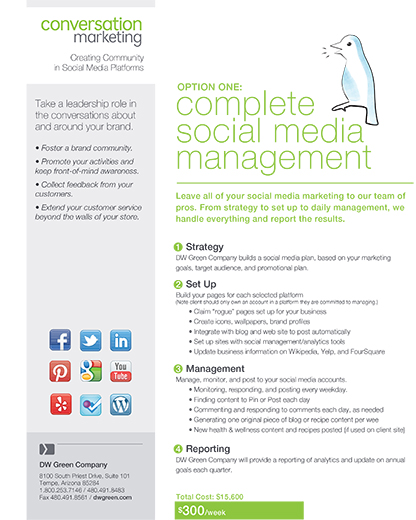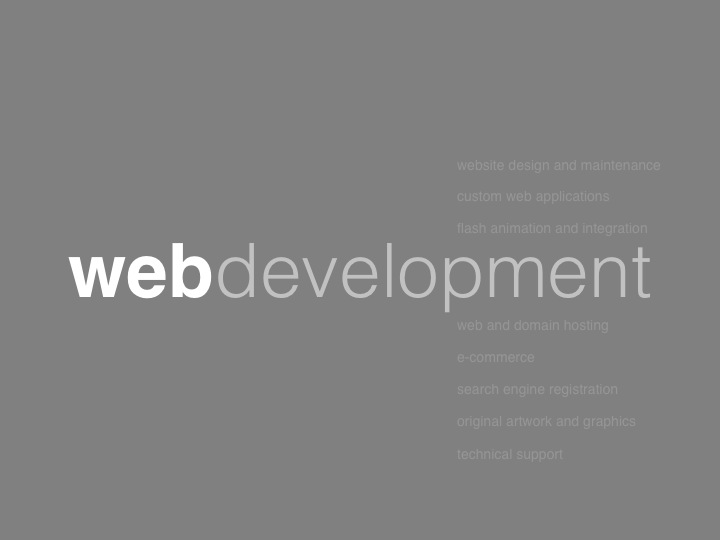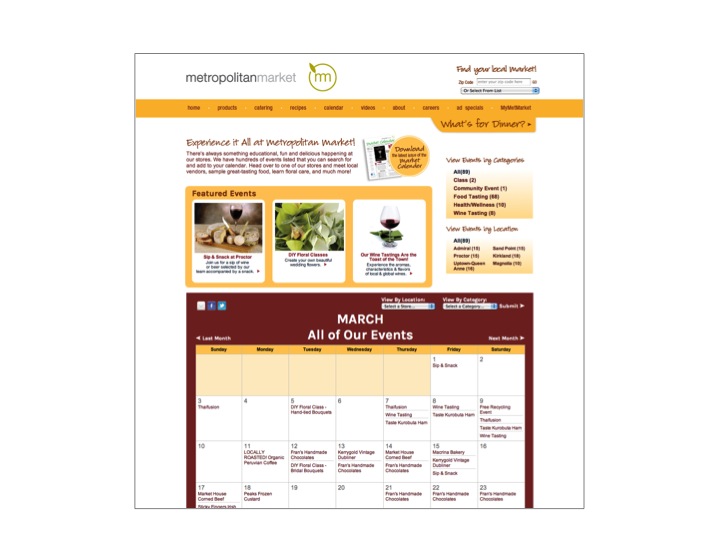DW's Blog
Letting Go
by DW Green — August 20, 2015
Many of us feel we are our job, possessions, achievements, and relationships. This is how we know ourselves. If we lose one of them, we feel we have lost part of ourselves. Somehow we have not identified with the basis of all life, which is constantly moving, changing, growing. In order to expand our sense of selves it is necessary to stop fighting and resisting life, to become willing to let go.
But, whether or not we want to let go, life itself decides for us. Change comes in its own time, both giving and taking things away. When this happens, many suffer greatly from this sense of loss. A usual response is to hold on tighter. By fighting change this way we are insisting that life meet our particular demands, fulfill our needs and expectations. A battle is set up. Much energy is squandered.
So it’s important to learn to Let Go, not only in our personal life, but in our business life as well. And this is especially true for leaders of organizations. A long time client of ours from the Pacific Northwest sent me an article on Letting Go. It’s an excellent article and speaks very highly of the person who sent it to me as well as his leadership qualities.
May 18, 2015 / by Scott Mabry
“An attachment isn’t a fact. It is a belief…”
~ Anthony De Mello
Let go.
This line of thinking is counter-intuitive. Our instinct is to hold on, to protect, to become attached, to expect. The more we attach ourselves to expectations, people or things the more anxiety we create and the less effective we become.
So why do we “hold on” in unhealthy ways? As leaders, we believe we are responsible for what happens in the organization. And because we hold this belief we are afraid. If the outcome is not what we desire, or think others expect, we will have failed. We will not have lived up to the reputation and titles we have worked so hard to achieve or perhaps to some standard we internalized earlier in life. To protect ourselves we micro-manage, manipulate others and view a negative event or unflattering comment as an attack on our professional identity. We even become attached to the label of “the leader”.
This mindset ultimately leads to frustration and conflict. We might come to view people as barriers or means to fulfilling our goals, or as irritations that interrupt our more important tasks.
Our vision becomes clouded and we can no longer see the true context of each situation. We begin to direct our actions toward the goal of protecting our interests and our reputation rather than serving the best interest of the people and mission. This can become a habitual, almost mindless strategy of self-protective behavior, and it leads to suffering.
When we let go we are free to enjoy the experience of leadership and to bring our best to every situation without the burden of attachments and expectations. We can practice leadership and continue to learn with the freedom of knowing that none of this was ever really ours to possess. We can learn to see the situation in front of us for what it is and nothing else. In this way, we open to learning and giving others the space they need to grow. This is by no means Laissez-faire leadership. Accountability, vision, values, influence, etc., still apply. Only now, they can be expressed free of a personal agenda grounded in fear and scarcity.
Let go of…
Control – You don’t really have it anyway. If you think you are in control rest assured that circumstances will conspire to teach you otherwise.
Outcomes – Allow things to unfold differently than you imagined. The way you see the outcome determines what it will mean to you, not the outcome itself.
Fear – When you are afraid, you project thoughts, attitudes and beliefs onto people and situations creating serious leadership blind spots.
Knowing – When you let go of knowing you create room for learning. Otherwise, you are stuck.
Proving – Trying to prove to someone else that you are “worthy” or that you deserve “respect” is a bottomless pit.
Achieving – Who you are becoming is more important than what you are achieving. Be. Then do.
Importance – Needing people to need you is not healthy. It leads to creating problems that only you can solve. Less you more them.
Comparison – Be true to yourself and stick to the path your heart has given you. Your journey is unique.
and…
Hold on to love.
Leadership grounded in love produces an enduring value that lives in your heart and not on your résumé. True love inspires freedom, not possession.
A few years ago I struggled through a difficult transition that forced me to consider my leadership attachments. I spent five years working with an amazing team of people. We developed a very close community and, over time, built a wonderful work environment and culture. Everything seemed to be coming together and then, without warning, it all came to an end. It was very hard to walk away. I was angry and very bitter. This was “my” story and “my” dream…how could this happen to “me”. You see the connection here I’m sure. I realized I was holding on. I was making it about me. I was deeply attached to the way things “should” have turned out. Later I realized that while things came to an end sooner than I had hoped, the journey we had taken together, the experiences we shared, the love we had for each other and for the people we served were enough. These things could not be taken away because they never belonged to any of us. So I let go. Now I am filled with gratitude for the experience.
When you let go you are free. Free to see and to act without filters. Difficulties will arise, celebrations will erupt, titles and people will come and go…and you will have gleaned the most you could from every moment and created experiences that will change you and the people you serve. Pay attention to the things you hold onto in your leadership. The things that bind you. Look at them unflinchingly and see them for what they are. Then let them go.
“A dawn carrying disappointment is a dawn deceived – in its very nature dawn is free of expectation as it has yet to see the day it brings. Daybreak has no control over what it will draw out of the world each morning and it has no recollection of yesterday. In this beauty made anew each time it crosses a horizon, is a peace unknown outside of fresh awe at the wonder of beginnings. Dawn does not lend itself to dependence or an illusion of control. As it should be, the dawn only attaches itself to its purposeful design. None in the day can bring the dawn.
Nothing in the night can impede its coming. The most hopeful among creation, as we should be, it never fails to let all things be as they will be.”
– Emily Mabry (my daughter)
Filed Under: DW's Blog






















































